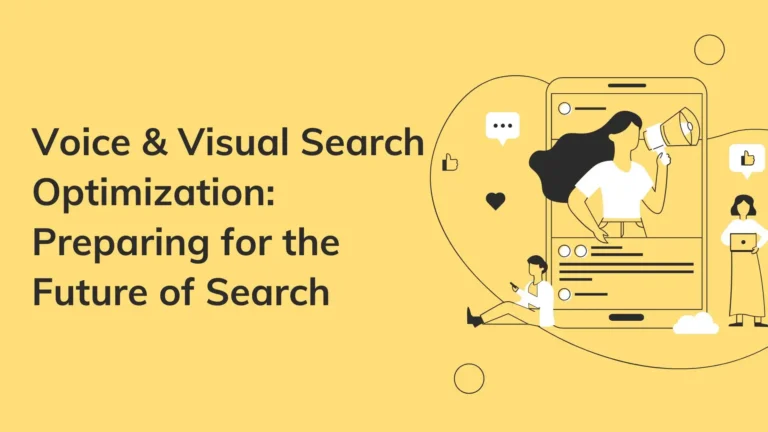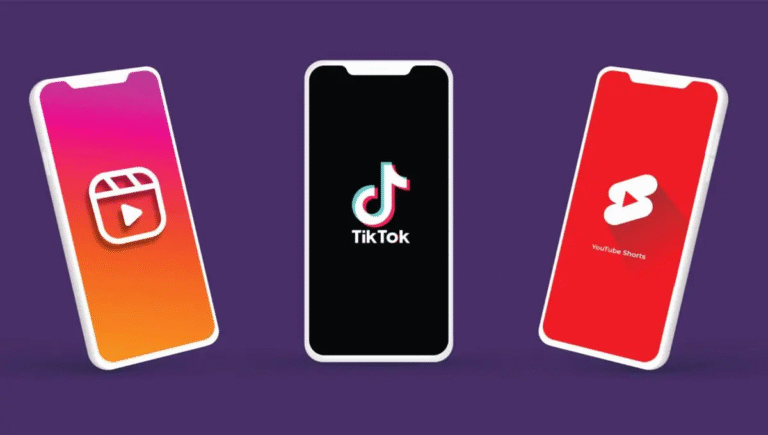First-Party Data, Privacy & Ethical Marketing
In the modern digital landscape, data is one of the most valuable resources a brand can possess. It drives strategy, personalization, and customer connection. But with increasing concerns about privacy, data misuse, and transparency, brands are being challenged to rethink how they collect, store, and use information.
Welcome to the era of first-party data and ethical marketing — where trust is not just a value, but a competitive advantage.
Understanding First-Party Data
First-party data is information a brand collects directly from its customers — through website visits, app usage, email sign-ups, surveys, or purchases.
Unlike third-party data (bought from external sources), first-party data comes straight from real user interactions.
This makes it more accurate, more relevant, and more privacy-compliant.
Examples include:
- Email addresses from newsletter sign-ups
- Customer preferences from online accounts
- Purchase history and behavior data
- Feedback from surveys or chatbots
In simple terms: first-party data belongs to you and is freely shared by your customers — not extracted behind the scenes.
Why Privacy and Ethics Are Now Marketing Priorities
Over the past few years, digital marketing has faced a seismic shift. Governments have enforced strict privacy regulations like GDPR (Europe) and CCPA (California). Meanwhile, major browsers like Chrome and Safari are phasing out third-party cookies.
At the same time, consumers are becoming more aware — and more skeptical. They want to know:
- How is my data being used?
- Is it being shared or sold?
- What value do I get in return?
The message is clear: brands that respect privacy and act transparently will thrive; those that don’t will lose trust.
The Rise of Ethical Marketing
Ethical marketing means doing the right thing — not just because regulations demand it, but because your audience deserves it.
It focuses on honesty, transparency, and respect.
Instead of manipulating consumers, ethical marketers aim to inform, empower, and build long-term loyalty.
Key pillars of ethical marketing include:
- Transparency – Be clear about what data you collect and why.
- Consent – Always ask before collecting personal information.
- Accountability – Protect customer data and admit mistakes when they happen.
- Fair Value Exchange – Offer something valuable in return for data (like personalization or exclusive offers).
When ethics guide your marketing, your audience doesn’t just buy your products — they believe in your brand.
Why First-Party Data Is the Future of Marketing
As third-party cookies disappear, brands that rely solely on purchased data will struggle to target or personalize effectively.
First-party data is emerging as the foundation for future-ready marketing — here’s why:
- More Reliable & Accurate
Data collected directly from users reflects genuine behavior and preferences. - Stronger Customer Relationships
When users willingly share data, they’re showing trust. Using it responsibly deepens that relationship. - Compliance by Design
First-party data strategies naturally align with privacy laws, reducing legal risks. - Personalization Without Intrusion
Brands can tailor content and offers while staying ethical — a balance consumers appreciate.
Practical Ways to Build a First-Party Data Strategy
- Create Value-Driven Interactions
Offer incentives — exclusive content, loyalty points, or personalized experiences — to encourage voluntary data sharing. - Use Permission-Based Marketing
Implement clear opt-in forms and allow users to control their preferences. - Invest in Secure Data Systems
Protect data with encryption, secure storage, and regular audits to build confidence. - Leverage Analytics Responsibly
Use data to enhance user experience — not to manipulate or exploit behavior. - Educate Your Audience
Communicate how data helps you serve them better. Transparency strengthens loyalty.
Ethics as a Brand Differentiator
In 2025 and beyond, ethics is becoming the new marketing edge.
Consumers are drawn to brands that act with integrity. According to global studies, over 70% of customers prefer brands that are honest about how they handle data.
Ethical marketing isn’t just about avoiding penalties — it’s about creating a brand people trust, respect, and recommend.
The Bottom Line
The future of digital marketing is not built on mass data collection — it’s built on meaningful, permission-based relationships.
First-party data gives brands a powerful advantage, but only when paired with ethical practices that put people first.
When brands respect privacy, they earn something far more valuable than clicks or conversions — they earn trust.
Final Thought:
In a world that runs on data, the most powerful marketing strategy is simple:
Be transparent. Be responsible. Be human.






